Some Ocean activists may suggest avoiding eating seafood full stop, and while this makes sense for countries that have little to no own coastal area and where seafood is imported from all over the world. Some countries and cultures still need seafood to survive as other resources are severely limited and need to be imported, making them often too expensive for the majority of locals.
We care about the ocean! That’s why we’ve teamed up with Green Fins to support marine life. Together, we’re helping divers and ocean lovers learn more about the challenges the ocean faces and how small changes in behavior can make a big, positive difference.
What Can You Do?
Eating fish responsibly is essential to supporting sustainable fishing practices and protecting marine ecosystems. Here are some guidelines to follow when consuming seafood:
Choose Farmed Shellfish
Farmed shellfish, such as mussels, oysters, and clams, are generally considered sustainable choices. They have low environmental impacts, as they filter water and help improve water quality. Look for shellfish that are farmed using responsible practices to minimize negative impacts on surrounding habitats.
Opt for Small Oily Fish
Small oily fish like sardines, anchovies, and herring are often more abundant and reproduce quickly making them a more sustainable choice. They are also rich in omega-3 fatty acids and other nutrients. By choosing these fish, you can help reduce the pressure on larger, more vulnerable species.
Support Local and Sustainable Fisheries
Look for locally caught seafood from sustainable fisheries. Local fisheries often have better management practices and regulations in place to protect fish stocks and minimize environmental impacts. Avoid buying fish from large supermarket chains that import their fish from all over the world, and where most “sustainable fishing” labels are not trustworthy, and purchase fish at a local fishmonger who can assure you where the fish are from and that you are supporting a local fisherman or small fishery.
Avoid Large Commercial Wild-fishing Industries
Large-scale commercial fishing operations can have a significant impact on marine ecosystems, including overfishing and habitat destruction. Avoid seafood sourced from unsustainable or poorly managed fisheries, especially those that use destructive fishing methods. Research and choose alternatives that are more environmentally friendly.
Know the Source and Fishing Method
Whenever possible, inquire about the source and fishing method of the seafood you consume. Some fishing methods, such as trolling or pole-and-line fishing, have lower bycatch and habitat damage compared to highly destructive methods like trawling or long-lining. Understanding the source and fishing practices can help you make more informed choices.
Diversify your seafood choices
Reduce the pressure on specific species by diversifying your seafood choices. Explore a variety of sustainable seafood options to help alleviate the demand for popular, overfished species. This approach promotes healthier and more balanced marine ecosystems.
Stay Informed
Keep yourself updated on the status of different fish stocks and the sustainability of seafood options. Use resources like seafood guides and apps, such as Seafood Watch or the Good Fish Guide, which provide information on sustainable seafood choices based on scientific assessments.
Choose Sustainable Seafood
Overfishing is a significant concern. Support sustainable fishing practices by choosing seafood that is sourced responsibly. Look for labels like Marine Stewardship Council (MSC) certification or Seafood Watch recommendations from Monterey Bay Aquarium.
What is the MSC?
The Marine Stewardship Council (MSC) is an organization that evaluates fisheries’ sustainability practices against its standards. It provides certification to fisheries that meet its criteria, allowing them to use the blue “Certified Sustainable Seafood” label on their products. Although the MSC evaluates fisheries against its sustainability standards, they don’t directly certify them. Instead, fisheries seeking certification hire commercial auditing companies to assess their practices against MSC criteria. These criteria focus on three principles: the health of the fish population, ecosystem impact, and fishery management. Each principle is evaluated using Performance Indicators and scored out of 100, with 80 or above considered sustainable. The certification process is rigorous, costly, and time-consuming, often involving audits costing over $150,000 and taking years to complete. Once certified, fisheries can use the MSC’s blue label to indicate their products as “Certified Sustainable Seafood.
Can I Trust an MSC or similar label?
While the Marine Stewardship Council (MSC) and similar sustainability initiatives initially aim for positive change, the critical challenge lies in the long-term sustainability of their approach. Economic pressures often lead to certifications being granted to fisheries that may not genuinely uphold sustainability standards. The blue label, while indicating commitment to improving practices, may be awarded to fisheries with conditions to meet over time, potentially allowing unsustainable practices to persist. This system may result in consumers unknowingly supporting fisheries that have yet to fully comply with standards, albeit with a grace period for improvement. While a step forward, this leniency may hinder substantial progress towards true sustainability. Nevertheless, if you are going to buy shop-bought/imported seafood, it is still better to look out for the MSC label and to support these fisheries than not at all, as it at least shows that we, the people, are interested in the sustainability of our oceans and are willing to pay more for it.
Remember, responsible seafood consumption involves not only the species you choose but also how and where it was caught or farmed. By making informed choices and supporting sustainable fishing practices, you contribute to the long-term health and resilience of our oceans.
If you care about the sustainability of our oceans as much as we do, head over to our donation page where we have hand picked some of the best ocean conservation initiatives that need our support. – Every little helps.
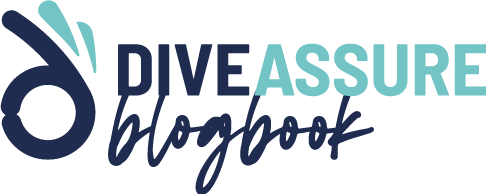

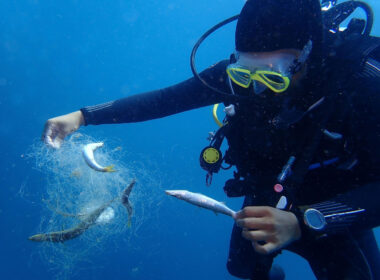
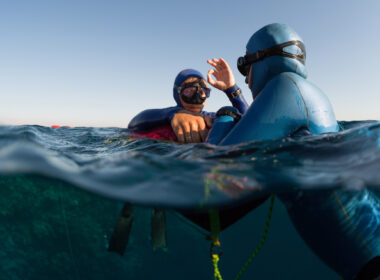

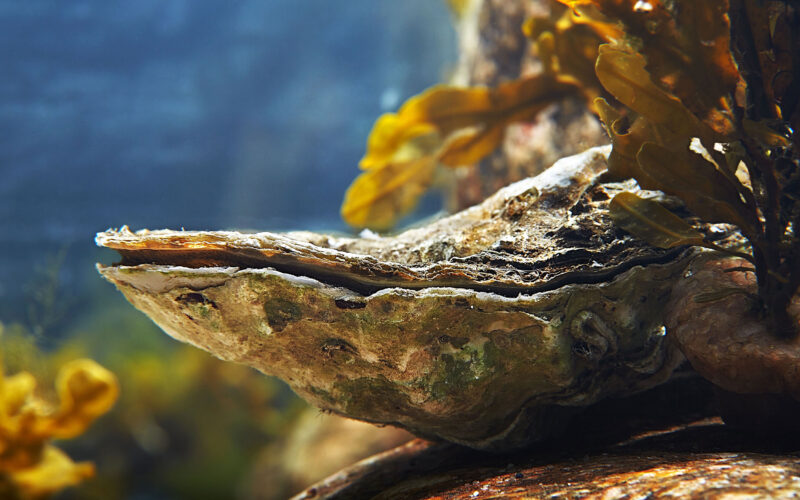
Insightful as always